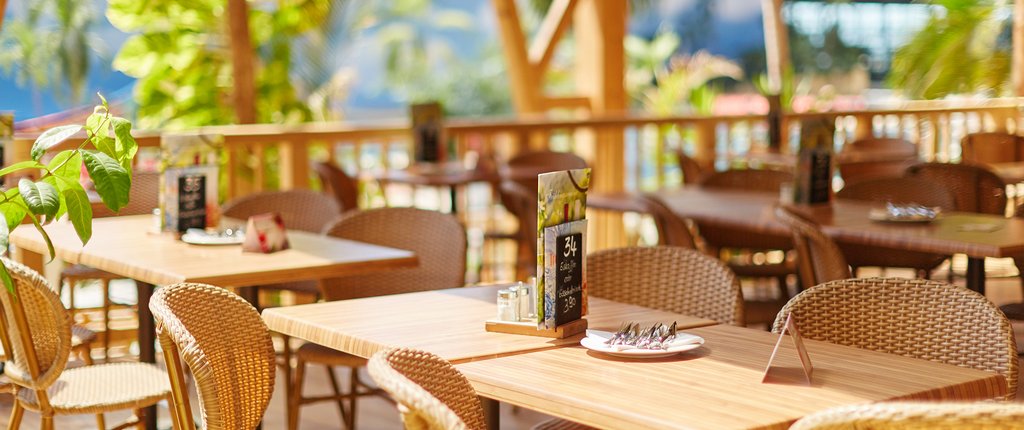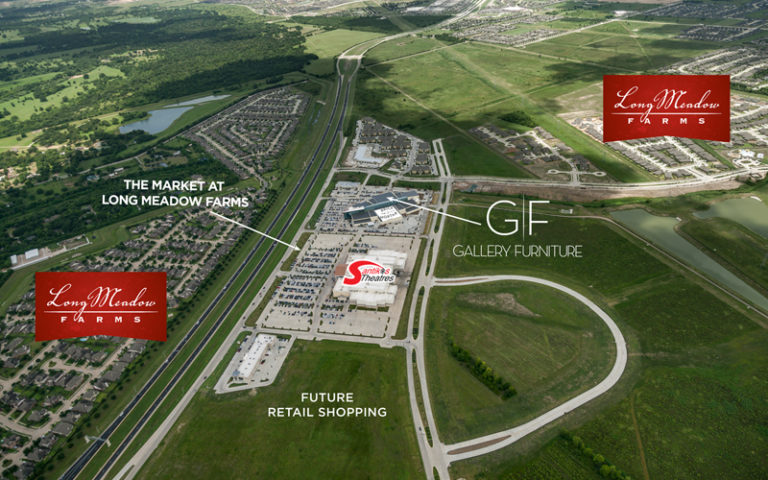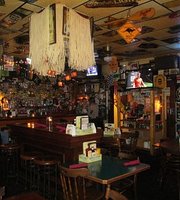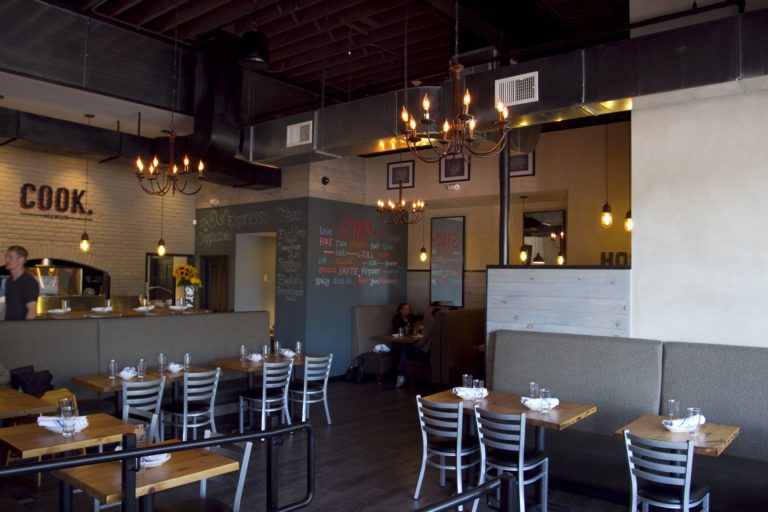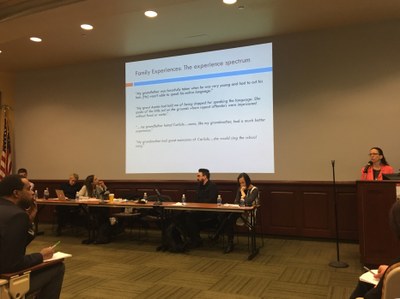5 QUESTIONS TO ASK BEFORE GETTING A RESTAURANT LOAN
“If you’re opening the first restaurant or you’re opening a second or third restaurant, a traditional bank loan is probably not an option,” says Andrew Rigie, executive director of the New York City Hospitality Alliance.
But for restaurant owners there are still many financing options. And this is despite the fluctuations of the lender during the first-year of refusals among eateries.
Ask yourself five basic questions before looking for ways to finance:
- Merchant cash advance. Should I try?
You’ve probably heard of an MCA. Restaurants in particular may qualify for this type of funding. This is because restaurants generate a large amount of credit card receipts. You donate part of a future credit and debit sale in exchange you get a quick cash infusion.
When you most need money this option is the best. But you have to remember that a merchant cash advance comes at a huge price. Annual interest rate – the true cost of a loan including all fees-range from 70% to 350%. Therefore, you should explore other options before you use this direction.
- Credit card. Will I be able to get the necessary funds with its help?
Business credit cards can provide quick and convenient access to funding. This is a revolving line of credit, meaning you can use the card and repay the balance as many times as you need. You can do this as long as you don’t exceed the credit card limit or make the required minimum monthly payments (from 2% to 3% of the total card balance).
Don’t forget business card bonuses. For example, rewards and bonuses for registration. But on the other side, they can come with a high interest rate (your interest rate will depend on your credit score) and numerous fees (e.g. annual fees, late-payment fees, etc.). This way is better suited for short-term purchases and working capital than large investments.
- Small cash infusion. Do I need them?
A short-term business loan is a great way if you need to borrow a small amount of money and you can repay it quickly. You can usually borrow from $5,000 to $250,000; repayments terms will range from a few months to two years. These loans often have weaker qualifications and faster financing. However, they are more expensive than other types of loans.
A personal loan is another option. Prosper, for example, offers personal loans that can be used for business purposes. This type of loan has potential advantages, such as low interest rates and a fast and simple online application. But don’t forget that failure to repay the loan will damage your personal credit. This is because it is technically a personal loan and the interest paid is most likely not tax deductible.
- Financing only for new equipment. Do I need it?
“This gives the business owner, who is not a star lender, the opportunity to use the debt to grow his business, ” says Corey Damm, vice president of LeaseQ, a marketplace for commercial equipment financing. [https://www.leaseq.com]
For example, a restaurant owner who wants to buy a $150,000 commercial oven through equipment funding would use the oven as collateral. So, if the owner fails to make the payments, the lender can sell the oven. Equipment financing can be obtained through credit unions, banks and other financial institutions.
- Do I need a larger loan (and is my business strong)?
If you need to invest from $250,000 to $500,000 in expanding your restaurant then long-term business loans are a better fit. Payments are more affordable, more time to repay.
However, qualifications can be a bit more difficult. Lenders may require a strong annual income and cash flow, a good personal credit rating, a certain number of years in operation. You may also need to provide collateral to repay the loan. Before making any decisions, it is necessary to carefully weigh the terms of repayment, APR and collateral requirements.
